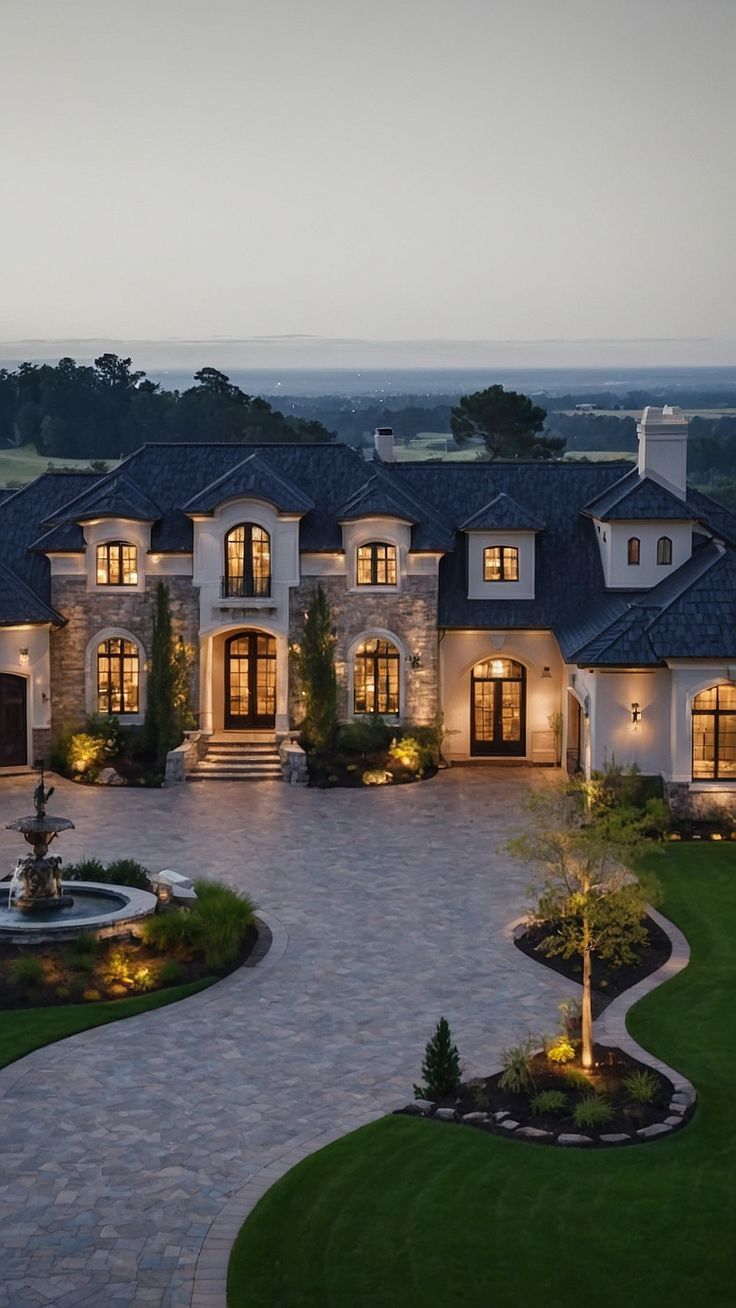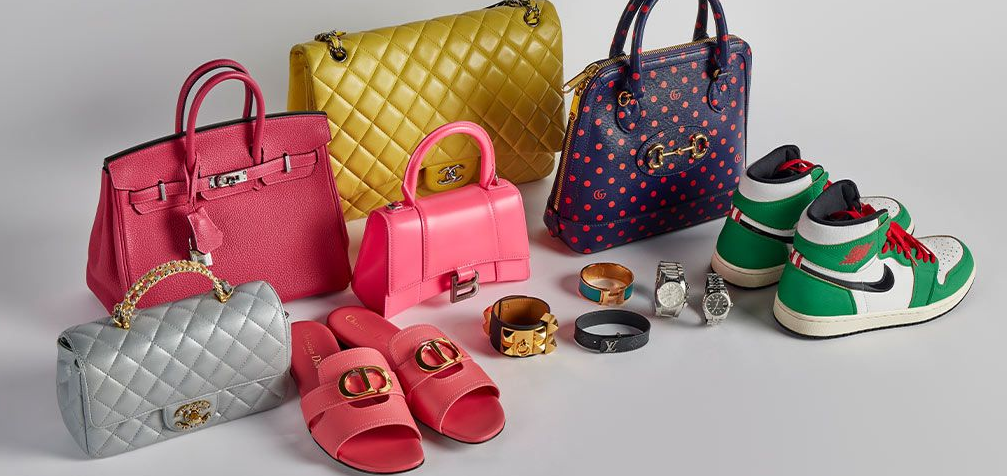Luxury Real Estate Market Sees Record Growth Amid Global Economic Uncertainty
Luxury Real Estate Market Sees Record Growth

As global markets navigate a turbulent economic landscape, the luxury real estate sector is defying expectations, seeing unprecedented growth and demand. The world's wealthiest individuals, seeking safe-haven assets, are flocking to prime properties in the most coveted locations across Europe, North America, and Asia.
In 2024, sales of multimillion-dollar homes have surged by 12%, with cities like New York, London, Paris, and Hong Kong leading the charge. High-net-worth individuals (HNWIs) are particularly drawn to properties offering privacy, security, and an exceptional lifestyle — factors that are seen as even more essential in uncertain times.
One of the most notable trends is the rise of ultra-luxury homes in previously overlooked destinations. Exclusive beach resorts in Greece, private islands in the Caribbean, and ski chalets in the Swiss Alps are among the new hotspots for the elite. Developers are catering to this demand by creating bespoke, environmentally sustainable homes that offer not just luxury but also a sense of purpose — a place where art, culture, and nature seamlessly blend.
This boom is not just limited to traditional real estate. Luxury property developers are increasingly integrating cutting-edge technologies into their designs. From smart home systems to renewable energy solutions, the high end of the market is shifting toward homes that offer both opulence and innovation.
Additionally, private equity firms and wealth management groups are now looking at real estate as a key component of diversification strategies. The stability of prime real estate markets is seen as a hedge against inflation and volatility in global markets, which explains the increasing interest from the ultra-wealthy.
However, the demand for high-end properties has led to rising prices, particularly in sought-after areas, prompting some to worry about affordability for the general public. Yet, for the affluent, the rising prices are a reflection of the value and desirability of these exclusive locations, which continue to be viewed as secure investments in times of economic uncertainty.
For those with the financial means, luxury real estate has become a symbol of status and a sanctuary from the challenges facing the global economy. As the world adjusts to a new era of volatility, it appears that this exclusive market will continue to thrive, making it more important than ever to understand the forces shaping this lucrative sector.
As the demand for luxury properties continues to skyrocket, experts suggest that this trend is driven by a combination of factors: economic instability, the ongoing appeal of remote work, and the growing emphasis on personal well-being. For the ultra-wealthy, high-end properties are more than just a place to live; they are seen as investments that offer not only financial returns but also a sanctuary from the chaos of the outside world.
A Safe Haven Amid Economic Turmoil
The ongoing volatility in global markets has made tangible assets like real estate an increasingly attractive option for the rich. In particular, the luxury real estate market offers a hedge against inflation and currency fluctuations. As stock markets remain unpredictable, the wealthy are pivoting toward assets that are perceived as more stable, such as prime property in global hubs.
According to a report by Knight Frank, the global wealth management and real estate consultancy, the ultra-wealthy are particularly keen on "secure and tangible" assets. Their 2024 Wealth Report reveals that luxury property prices in key cities have risen by an average of 10% year-over-year. For example, in Manhattan, prime residential real estate has seen a surge in sales, driven by both local demand and international buyers from regions like the Middle East and Asia.
"We've seen a significant uptick in interest from investors who are looking to diversify and protect their wealth," says Andrew Hennigan, head of luxury real estate sales at Engel & Völkers. "Prime properties, especially those that offer both security and exclusivity, have become even more desirable."
The Rise of the 'Wellness Mansion'
In addition to financial stability, many of the world's richest individuals are increasingly looking for properties that promote health and well-being. This includes homes equipped with private gyms, spas, meditation rooms, and even in-home medical facilities. The concept of the "wellness mansion" is gaining traction, with architects and designers embracing the demand for properties that foster mental and physical health.
The interest in wellness is also a response to the COVID-19 pandemic, which significantly altered how people view their living spaces. Many affluent buyers now prioritize properties that offer self-sufficiency, privacy, and luxury, allowing them to retreat from the outside world and enjoy total comfort in their own homes.
Developers are integrating advanced technologies into these homes, including air and water filtration systems, organic homegrown gardens, and state-of-the-art gymnasiums with personalized wellness programs. Aedes, a leading architecture firm known for creating high-end residential properties, reports that over 30% of their new projects now include wellness-focused amenities as a priority.
The Role of Technology: Smart Homes and Sustainability
The fusion of luxury and technology is reshaping the future of high-end real estate. As wealthy buyers seek homes that reflect their elevated lifestyles, cutting-edge technologies such as smart home systems, home automation, and renewable energy solutions are now essential components of modern luxury properties.
Luxury developers are incorporating sustainable design elements, from energy-efficient smart systems to green building materials, catering to an increasingly eco-conscious elite. According to the Urban Land Institute, sustainable properties in sought-after locations can command premiums of up to 15%. With climate change becoming an ever-greater concern, affluent buyers are turning to homes that align with their values, offering both environmental responsibility and lavish comfort.
For instance, properties that feature solar panels, energy-efficient appliances, and extensive green spaces not only lower energy costs but also appeal to the growing demand for eco-friendly living. Luxury developers like LVMH-owned Cheval Blanc are investing in projects that prioritize sustainability while offering the pinnacle of opulence.
Private Islands, Wine Estates, and Mountain Retreats
Another significant shift in the luxury real estate market is the growing demand for private islands, vineyards, and remote estates that provide an unmatched level of seclusion. The appeal of private islands has never been stronger, as billionaires seek out safe havens where they can escape both the pressures of work and the complexities of international politics.
From the Caribbean to the Mediterranean, private islands are now being sold for astronomical prices, with properties reaching into the hundreds of millions of dollars. Exclusive vineyard estates in regions like Napa Valley and Bordeaux are also attracting wealthy buyers who are not only looking to invest in land but also enjoy the prestige and lifestyle that comes with owning a wine estate.
Likewise, luxury mountain retreats — think private chalets in Aspen or secluded villas in the Swiss Alps — have seen significant demand, particularly from individuals seeking winter getaways that offer both privacy and luxury. The rise of remote work has allowed the affluent to purchase second homes in more remote regions, where they can enjoy the ultimate in privacy while still staying connected to the world through technology.
Conclusion: A Future of Unprecedented Exclusivity
As we look toward the future, it’s clear that the luxury real estate market will continue to evolve. Buyers are increasingly seeking properties that not only offer lavish living but also reflect their personal values — from sustainability to security, wellness, and privacy. While global economic challenges persist, the demand for luxury homes remains robust, particularly as wealthy individuals continue to view these properties as both a sanctuary and a solid investment.
For those with the financial means, luxury real estate has transformed from a simple asset into a multifaceted part of a lifestyle — one that is as much about exclusivity and purpose as it is about opulence. As these trends continue to unfold, the intersection of luxury, technology, and sustainability is sure to shape the future of high-end real estate for years to come.



